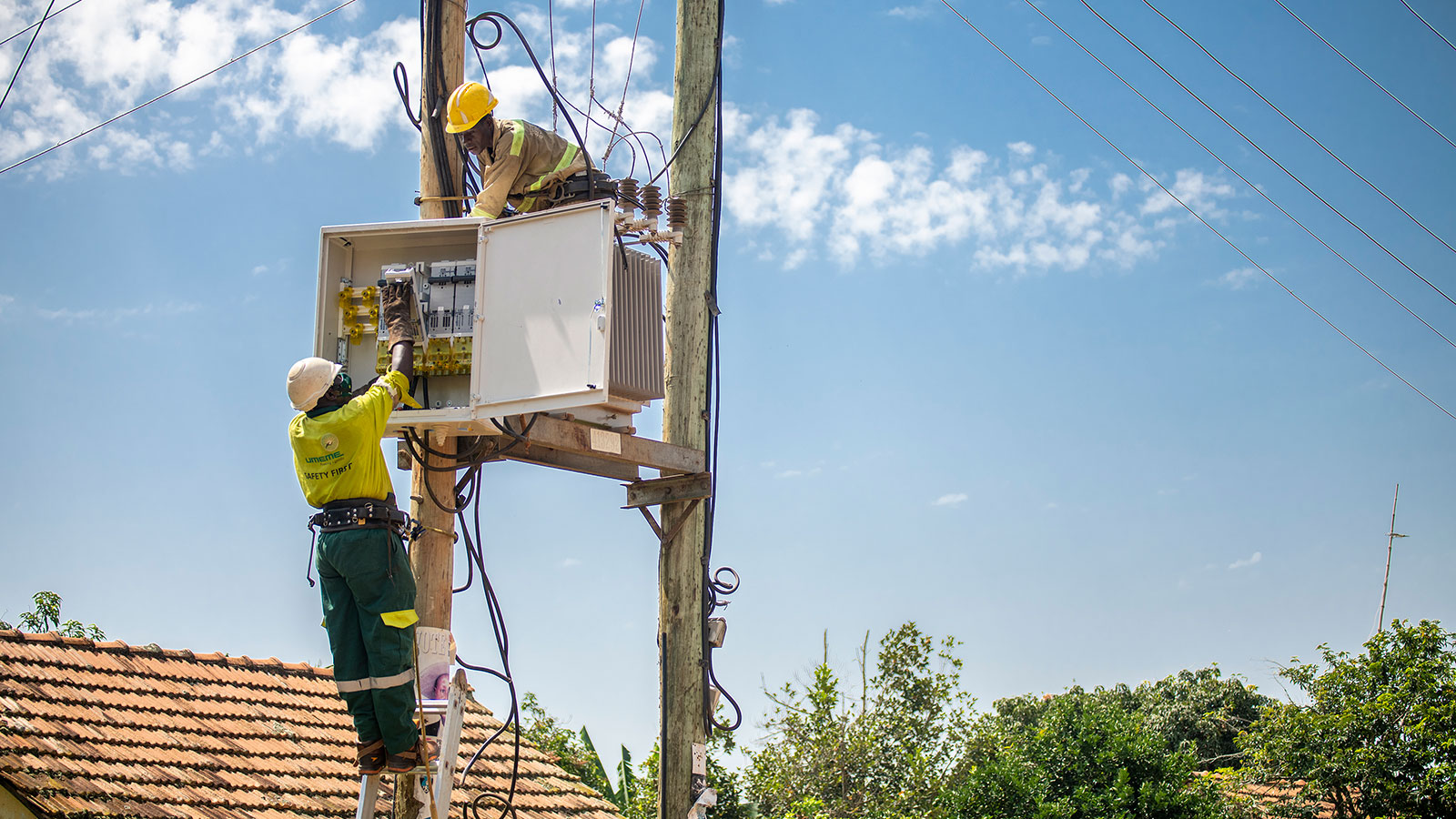The government’s payment to Umeme’s shareholders upon the expiration of its concession in March 2025 has decreased by UGX 72 Billion compared to last year. This reduction comes just over a year before Umeme transfers operations to the government. The Electricity Regulatory Authority (ERA) has confirmed this decline, attributing it to Umeme’s ongoing efforts to recoup investments through power tariffs.
The potential collective sum available to settle Umeme’s current liabilities and pay shareholders after transferring assets to the government has experienced a significant drop. The estimated amount now stands at Shs849 billion, down from the previous Shs921 billion reported by Umeme last year. The Auditor General is set to audit this figure to determine the government’s payment for the residual amounts not recovered over the past nineteen years.
A committee, consisting of the regulator (ERA) and Umeme, meets daily to oversee this process. Mr. Julius Wandera, the director of corporate and consumer affairs at ERA, confirmed the continuous infrastructure investments made by Umeme in Uganda, totaling close to Shs2.6 trillion. The government agreed that Umeme could recover these costs gradually through power tariffs, amounting to Shs849 billion as of January this year.
Umeme’s report to shareholders last year indicated a rise in its capital recovery rate from 10.2 percent to 18 percent. This rate surpasses the average depreciation rate of the underlying property, plant, and equipment (PPE). Notably, Umeme does not own the established PPE assets, which are listed as intangibles on its balance sheet. Instead, it is compensated through a capital recovery rate set by ERA, determined by the average depreciation of Umeme’s underlying PPE.
Umeme recoups its investments as these assets depreciate through capital recovery charges, causing an increase in energy prices per unit. ERA’s approval of Umeme’s tariff structure reflects a 7.8 percent increase in the capital recovery rate. The unrecovered capital investment will be a financial asset receivable to Umeme’s shareholders when its concession expires.
The stock market regulator awaits the Attorney General’s final determination to ensure Umeme settles its debts before shareholders receive any payment. The anticipation of the government buyout has attracted numerous shareholders, causing increased activity in Umeme’s stock.
The government has already devised a plan for a seamless handover of operations from Umeme to Uganda Electricity Distribution Company Limited (UEDCL). This involves recapitalizing UEDCL and considering a public-private partnership with a company in the power distribution business. UEDCL will maintain a majority shareholding, and Umeme’s experience in the industry provides it with a competitive edge in the selection process.




















